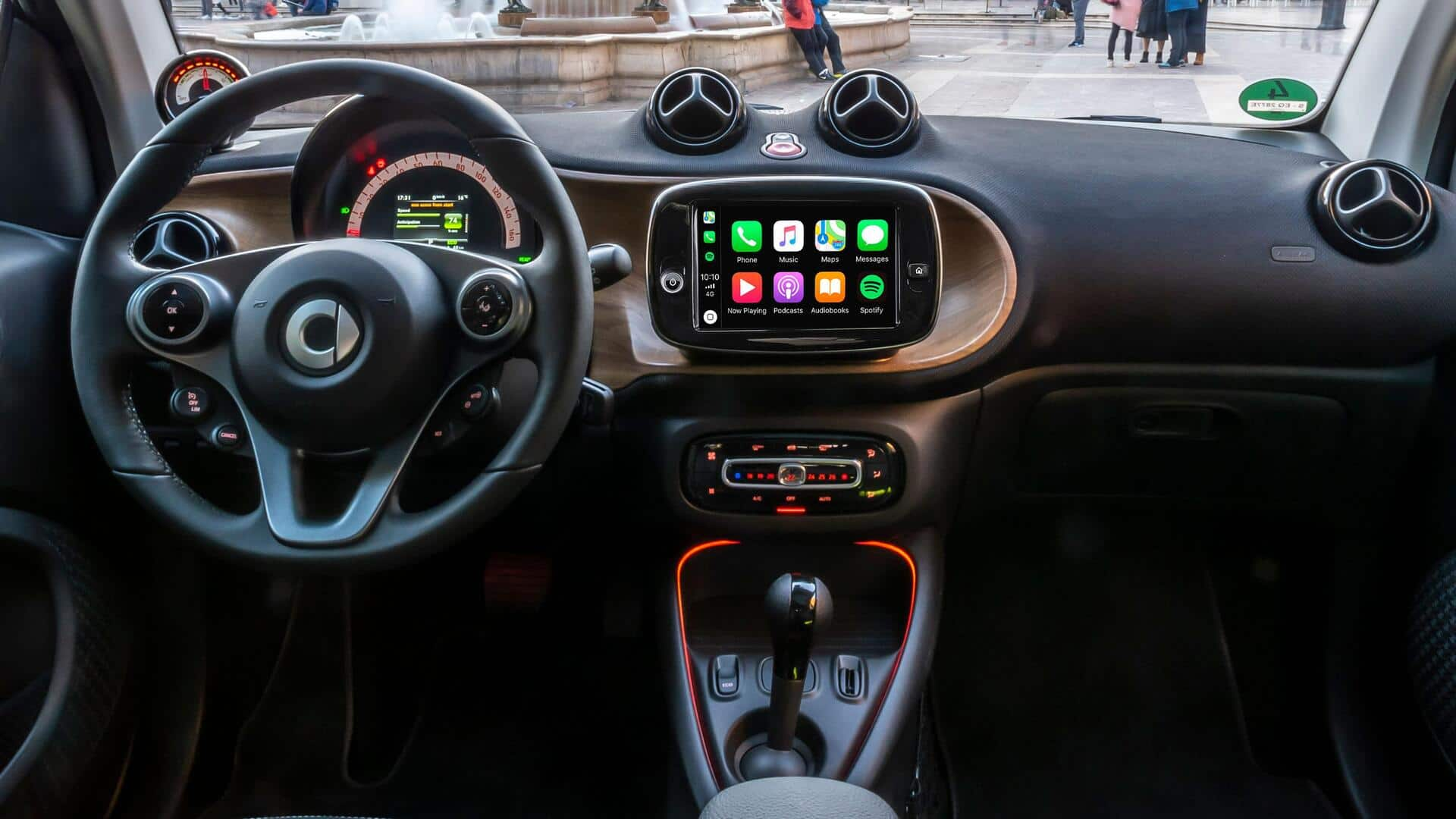
Japan bolsters smart car development amid global competition
What's the story
Japan is ramping up its efforts to promote the development of smart cars — vehicles with safety and entertainment systems controlled by cloud technology.
This initiative comes as Japanese firms aim to compete with their Chinese and US counterparts in this sector.
The Japanese government has set a goal for domestic companies to hold 30% of the global market share for software-defined vehicles (SDVs) by 2030, anticipating worldwide sales between 35 million and 41 million units.
Robotaxi boom
Government support and future projections for robotaxi services
Japan's Ministry of Economy, Trade and Industry plans to provide financial support and foster talent through collaborations with universities and re-skilling courses.
The government aims to create an ecosystem where companies can share data and benefit from after-sale services.
According to the ministry, global revenue from robotaxi services is projected to reach ¥80 trillion (nearly ₹34 lakh crore) by 2035, with 80% expected to come from non-vehicle sales services.
Autonomous plans
Nissan and Honda gear up for autonomous rideshare services
Among the Japanese automakers, Nissan is planning to launch an autonomous vehicle ride-share service in 2027 to address a shortage of taxi drivers.
Meanwhile, Honda aims to introduce a self-driving taxi service by the end of this decade, revising its initial plans to deploy a robotaxi in central Tokyo by early 2026.
These developments are part of Japan's broader push toward smart car technology and services.
Information
Japan establishes data center to boost auto industry
In a move to enhance the competitiveness of its car industry, Japan has established the Automotive and Battery Traceability Center Association last month. This platform aims to ensure secure and safe data circulation among companies in the auto and battery supply chain.